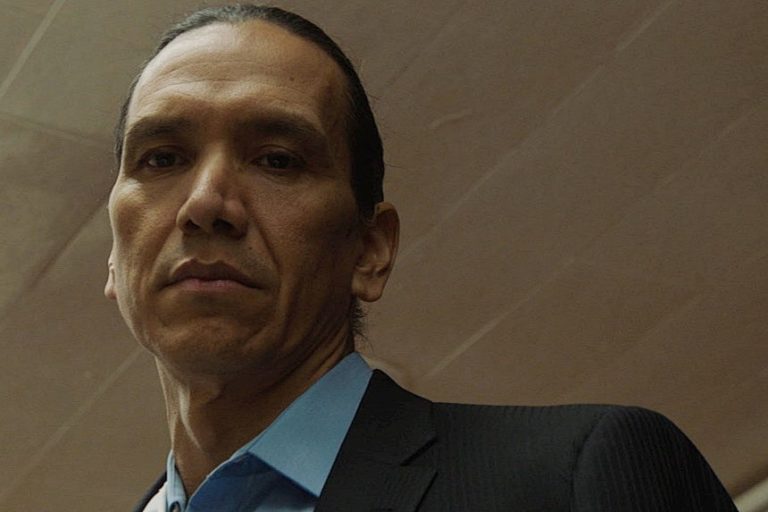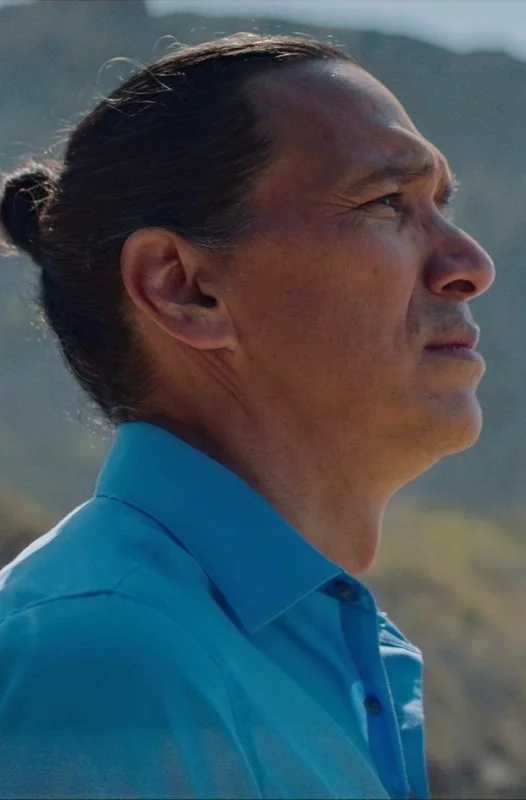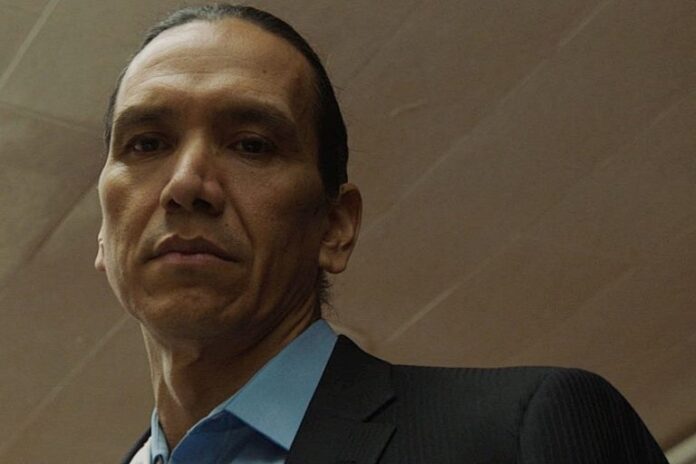
There is a strong belief among storytelling theorists that, for a story to be at all worthwhile, your characters have to make decisions.
This can be anything from an illicit affair in an erotic drama to a superhero sacrifice in an action blockbuster. As long as the characters are making clear decisions, and as long as their motivations for those choices are present and understandable, then their arcs will inevitably carry an emotional weight, regardless of the story’s genre or intention.
This seems like a simple enough concept, but if you start to watch for it in movies and TV shows, you might be surprised to realize how often things just happen to characters, rather than because of characters. Whether or not you realize it, the best stories, the ones with the deepest heart and the strongest catharsis, are the ones where choices are made and where those choices have consequences.

Music and Film
By Brett Fieldcamp
Sponsored by True Sky Credit Union
This brings us to the new film “Wild Indian,” a story where, for better or worse, the characters are clearly and constantly making decisions… actually almost always for worse.
The story primarily follows Makwa, an Ojibwe Native growing up on a Wisconsin reservation in the late-80’s. Enduring near-constant abuse, poverty, and apathy, Makwa finds a singular solace in spending his afternoons wandering the woods with his best friend Ted-O, often stealing Ted-O’s father’s rifle and shooting at bottles.
Growing increasingly detached and hateful, young Makwa focuses much of his derision on his father, an alcoholic that regularly beats him, and his school, where he is fed a daily diet of Christianity by his white teachers.
Makwa considers running away to find something better for himself. Ted-O doesn’t think it’s a good idea. Overlaid with their teacher’s sermon about the story of Cain, and the power of resentment, Makwa discovers that a younger classmate, James, has been holding hands with the pretty white girl in their class. As the priest/teacher says “it is hardly an accident that the next story is the flood.”
It’s easy to see Makwa’s first big decision coming. He casually and callously kills James with the rifle and convinces Ted-O to help bury the body and keep his mouth shut. Decisions have been made. Consequences are on their way.
Of course, this is only the first act of “Wild Indian,” and represents little more than the basic premise of the film. From there, we’re taken all the way to 2019, where an adult Makwa is now portrayed with nothing short of brilliance by Cree actor Michael Greyeyes, whose rich and varied career includes “The New World,” “Fear the Walking Dead,” and recently “Rutherford Falls.”
His character now lives in California. He wears pink polo shirts and plays golf. He works for some kind of financial company. He has a beautiful, blonde wife. He goes by the name Michael Peterson. He’s living happily and successfully in the White Man’s world, far removed from the reservation, and even farther removed from any respect for his heritage.
Ted-O hasn’t been so lucky. Now played with devastating emotional range by Tahlequah-born Chaske Spencer (who you may remember from the Twilight series!) he is just being released from prison after a lifetime of drug dealing and assault charges. With the guilt over James’ murder eating him alive, Ted-O decides to confess, decides to go see Makwa, decides to confront him. Makwa makes his own choices, all of them split-second and life-altering, in order to protect his life.
So many decisions made. So many consequences explored.
To say that “Wild Indian” is bleak, relentlessly bleak, is accurate, but to leave it at that would be to ignore the sprawling historical and psychological context behind this deceptively small and intimate story.
Much of the film was shot and produced here in Oklahoma, with our reservations standing in for Wisconsin’s, and there is something poignant in the fact that there is so little discernible difference between a reservation in Wisconsin and one in Oklahoma.

The experience of the modern American Native is sadly uniform across much of the country, and many within the First Nations communities of both the US and Canada have lived experiences shockingly and depressingly similar to the childhoods of Makwa and Ted-O.
Writer and director Lyle Mitchell Corbine Jr., himself a Native raised on Wisconsin reservations, witnessed these lives all around him, and it’s easy to decipher that subtext in his film, buried no deeper than poor James’ body.
Makwa hates the heritage that he feels is responsible for his poverty and abuse, while White Christianity teaches him of resentment and destruction. He kills, threatens, and sells out his own people to protect his standing within the White world. He is unquestionably presented as a villain but is consistently rewarded by the world in which he has immersed himself.
In perhaps the most biting, challenging, and controversial line of dialogue in the film, he declares “we are the descendants of cowards. Everyone worthwhile died fighting.” It’s an awful, myopic sentiment, but it perfectly encapsulates the all-important motivations behind all of the cascading decisions made.
“Wild Indian” is a film crafted by an important Native voice seeking to spotlight the nefarious ways in which his people have been tempted and rewarded by more powerful outside forces.
It’s a difficult and unflinchingly dark story, and, to be frank, it’s not exactly an enjoyable watch. But if you’re not afraid of bleakness and discomfort in your moviegoing, it will offer you an intimate and unique insight into a painful open wound of history that is still bleeding today, as much in Oklahoma as anywhere.
Currently playing
“Wild Indian” is playing now at Rodeo Cinema in Stockyards City through Thursday, then moving to Rodeo Cinema in Film Row this Friday, September 10th.
Last Updated September 7, 2023, 9:10 PM by Brett Dickerson – Editor
The post Okla-made ‘Wild Indian’ is a bleak, difficult, profound look at Native identity appeared first on Oklahoma City Free Press.




















